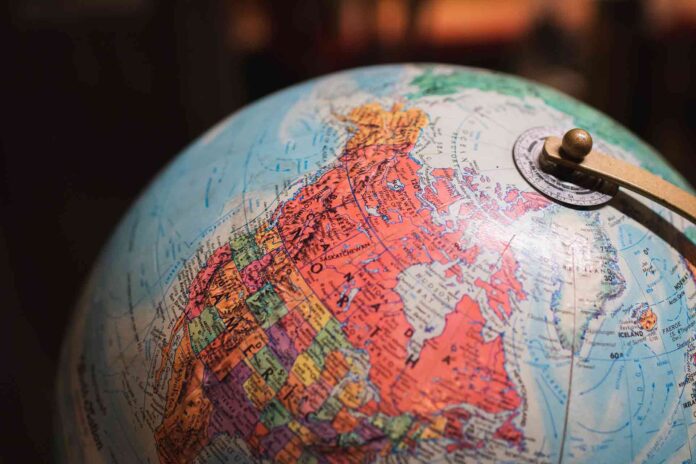In a startling revelation, Boris Johnson, the Prime Minister of the United Kingdom, has asserted that Vladimir Putin views himself as the successor to Joseph Stalin’s legacy. This provocative statement underscores the geopolitical tensions and historical echoes shaping the current dynamics between Russia and the international community.
Boris Johnson’s Allegation
Speaking to Chained News in a candid interview, Boris Johnson expressed his concerns over Vladimir Putin’s perception of his own role in Russian history. Johnson asserted that Putin perceives himself not only as a modern leader but also as inheriting the authoritarian mantle of Stalin, the former Soviet Union dictator known for his iron-fisted rule and expansive ambitions.
Historical Parallels
1. Stalin’s Legacy
Joseph Stalin, who led the Soviet Union from the mid-1920s until his death in 1953, is remembered for his totalitarian regime, widespread purges, and aggressive foreign policies. His leadership left a lasting imprint on Russian and global history, symbolizing both the peak of Soviet power and the depths of its repression.
2. Putin’s Authoritarianism
Vladimir Putin, in power since 1999 as either President or Prime Minister of Russia, has been criticized for consolidating authority, curtailing political freedoms, and pursuing assertive foreign policies. His tenure has often drawn comparisons to Stalinist tactics in terms of political control and suppression of dissent.
Geopolitical Implications
1. International Relations
Johnson’s remarks highlight the strained relations between Russia and Western nations, exacerbated by allegations of electoral interference, military interventions in neighboring countries, and human rights abuses. The comparison to Stalin adds a layer of historical resonance to contemporary critiques of Putin’s leadership style.
2. Domestic Dynamics
Within Russia, perceptions of Putin’s leadership vary widely, with supporters praising his stability and assertiveness on the global stage, while critics decry his crackdown on opposition voices and independent media. The comparison to Stalin raises questions about the trajectory of Russian democracy and civil liberties under Putin’s rule.
Response and Controversy
1. Global Reaction
Johnson’s characterization of Putin as Stalin’s successor has sparked reactions across diplomatic circles, with some supporting the analogy to underscore concerns over authoritarian tendencies, while others cautioning against historical oversimplification in contemporary discourse.
2. Russian Perspective
The Kremlin has yet to formally respond to Johnson’s statement, but Russian officials have previously dismissed Western criticisms of Putin’s leadership style as biased and politically motivated.
Conclusion
Boris Johnson’s assertion that Vladimir Putin sees himself as Stalin’s successor underscores the complex interplay of history, politics, and international relations in the 21st century. As geopolitical tensions persist, the comparison to Stalin invites critical reflection on the evolving nature of Russian governance and its implications for global stability.
This article provides insights into Boris Johnson’s assertion regarding Vladimir Putin’s self-perception as Stalin’s successor, exploring the historical echoes and contemporary implications of this provocative claim in global politics.

